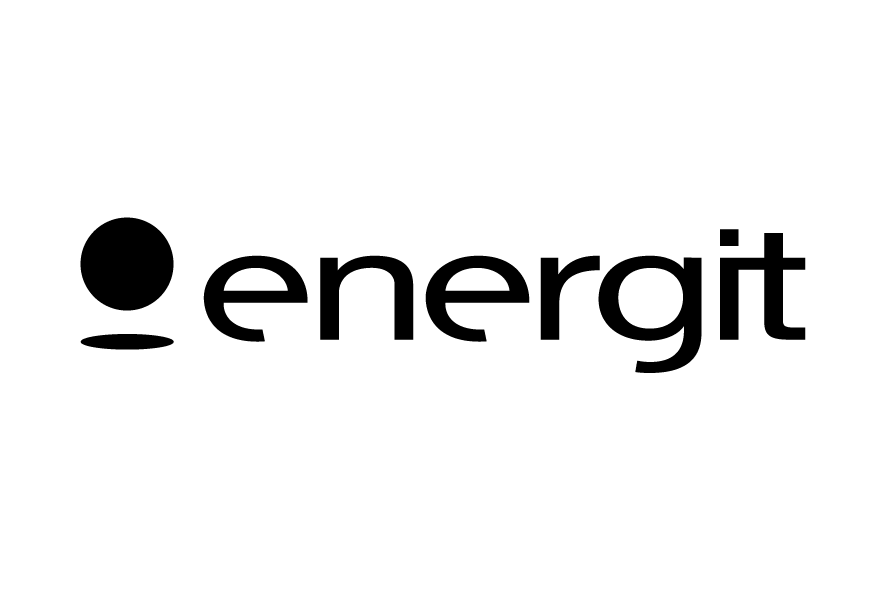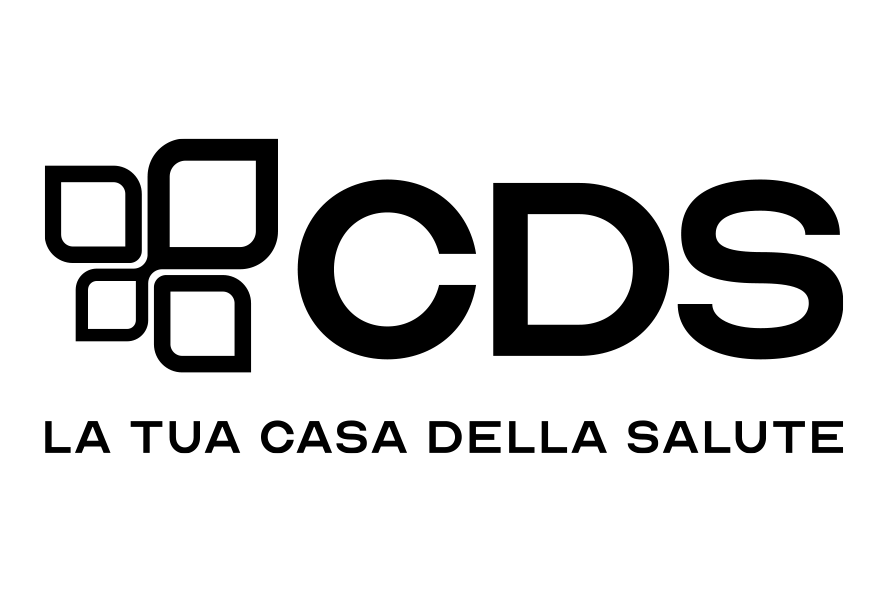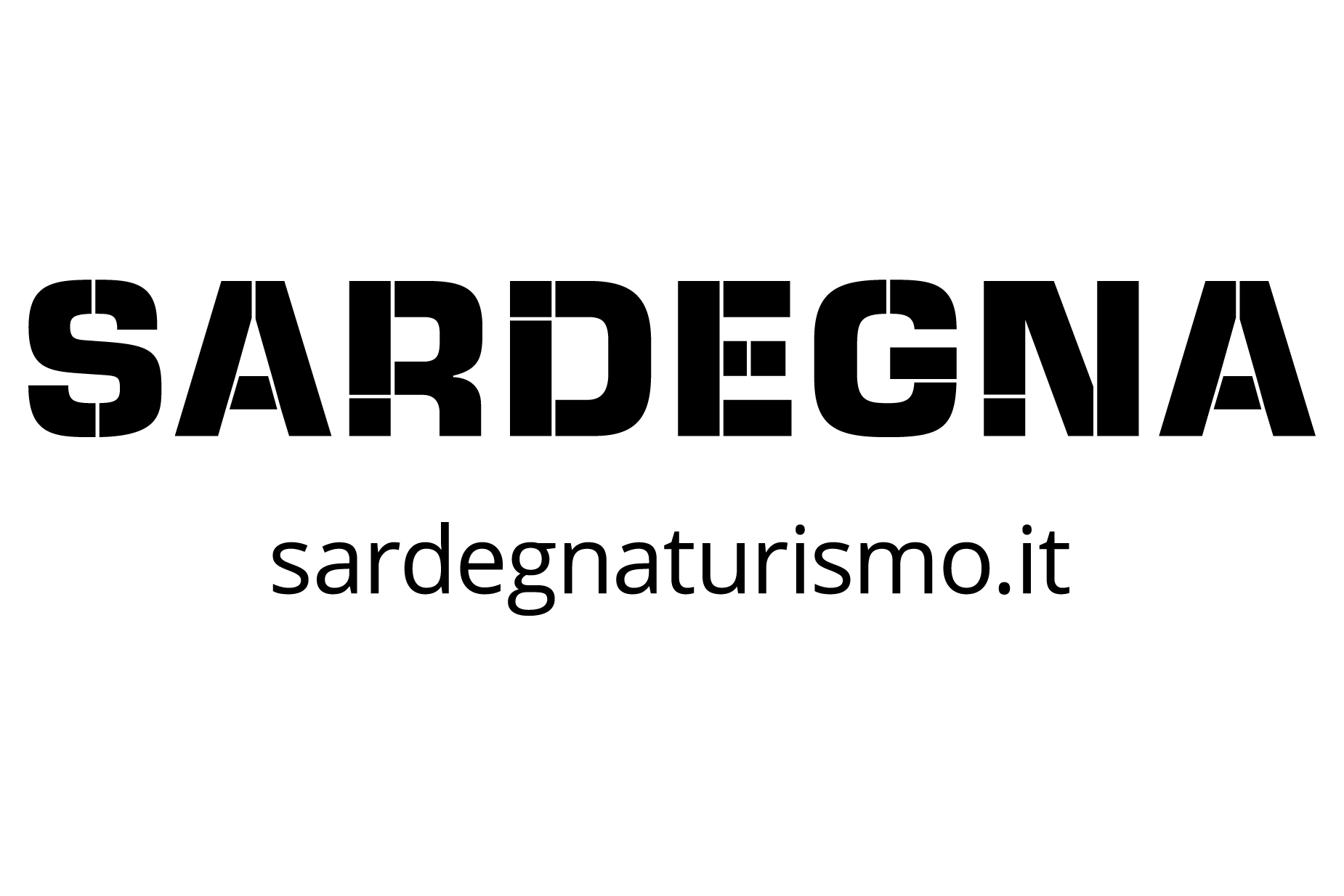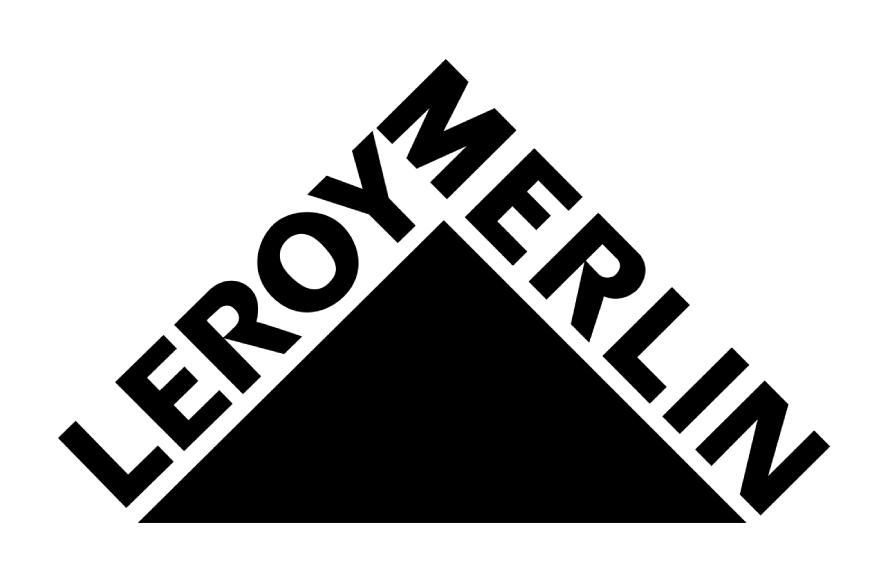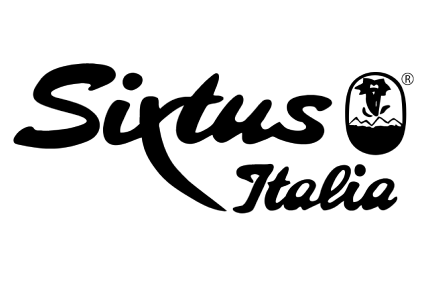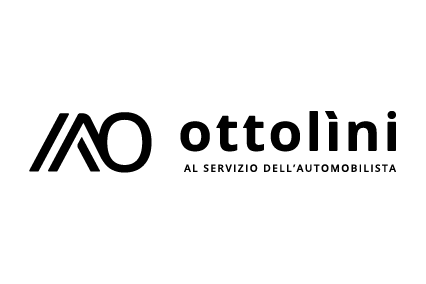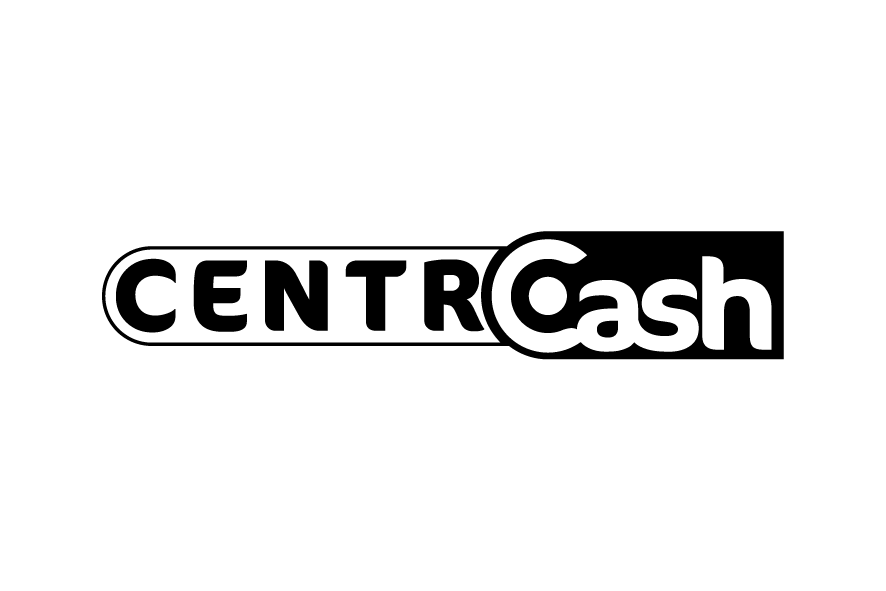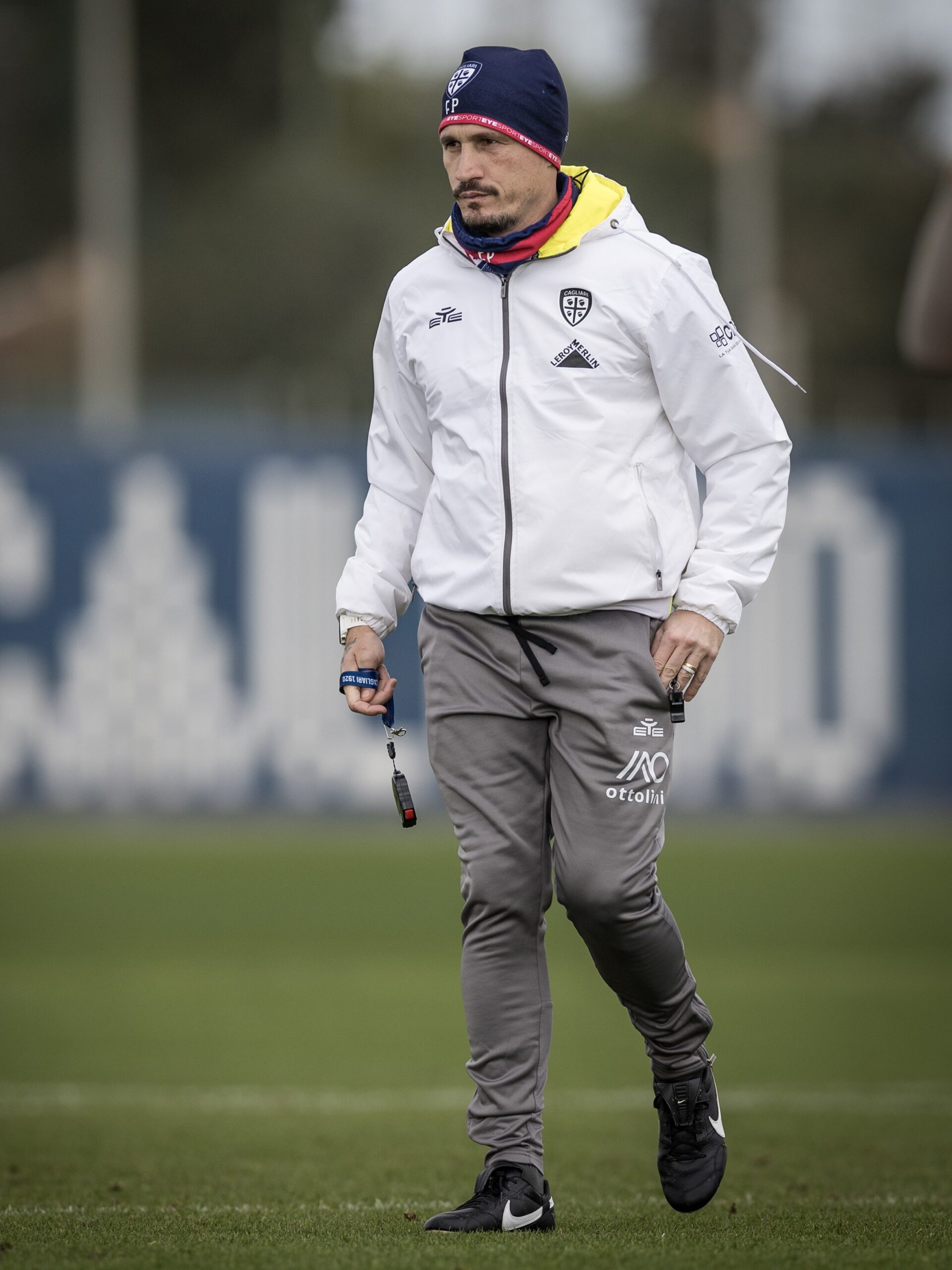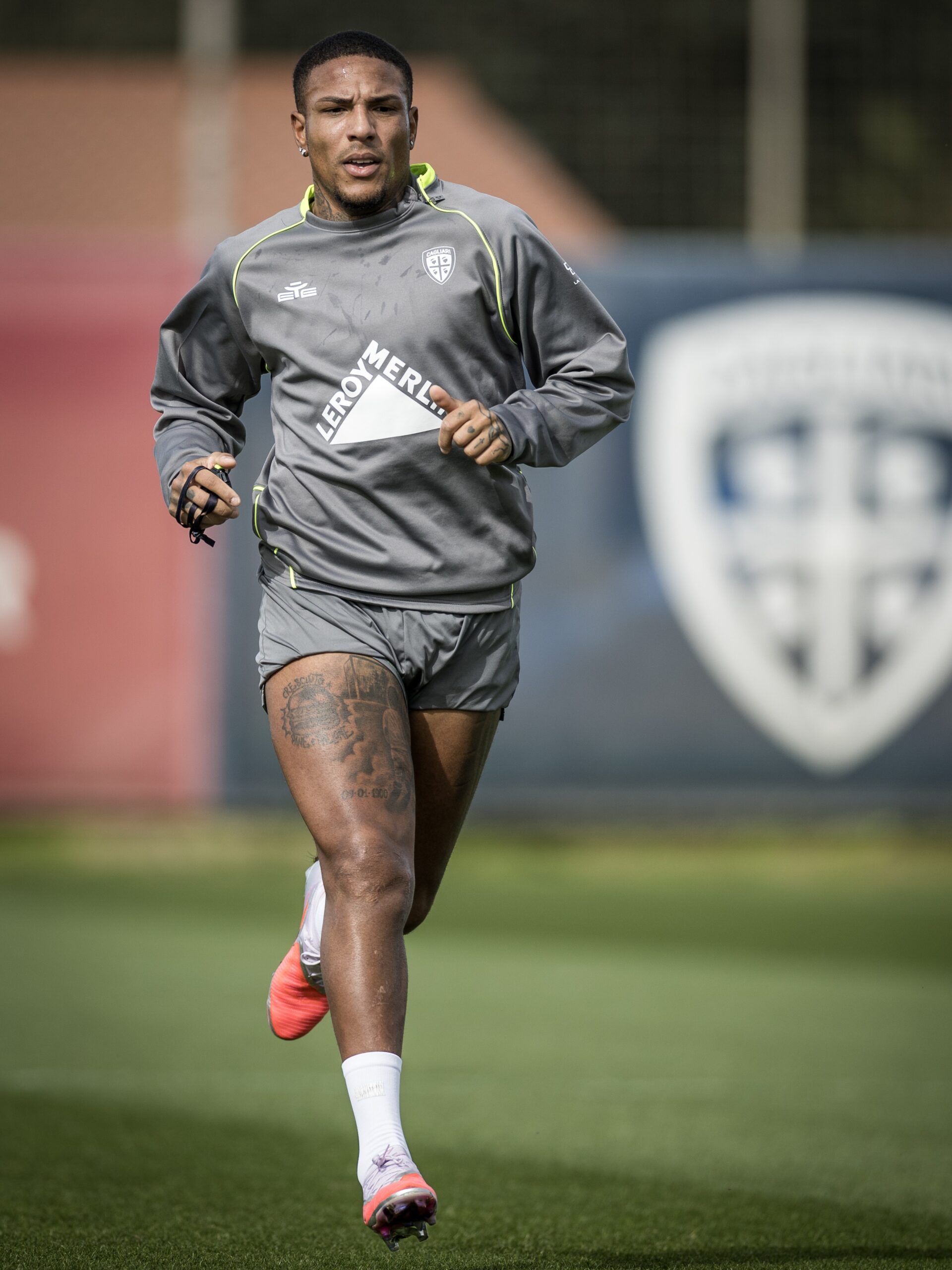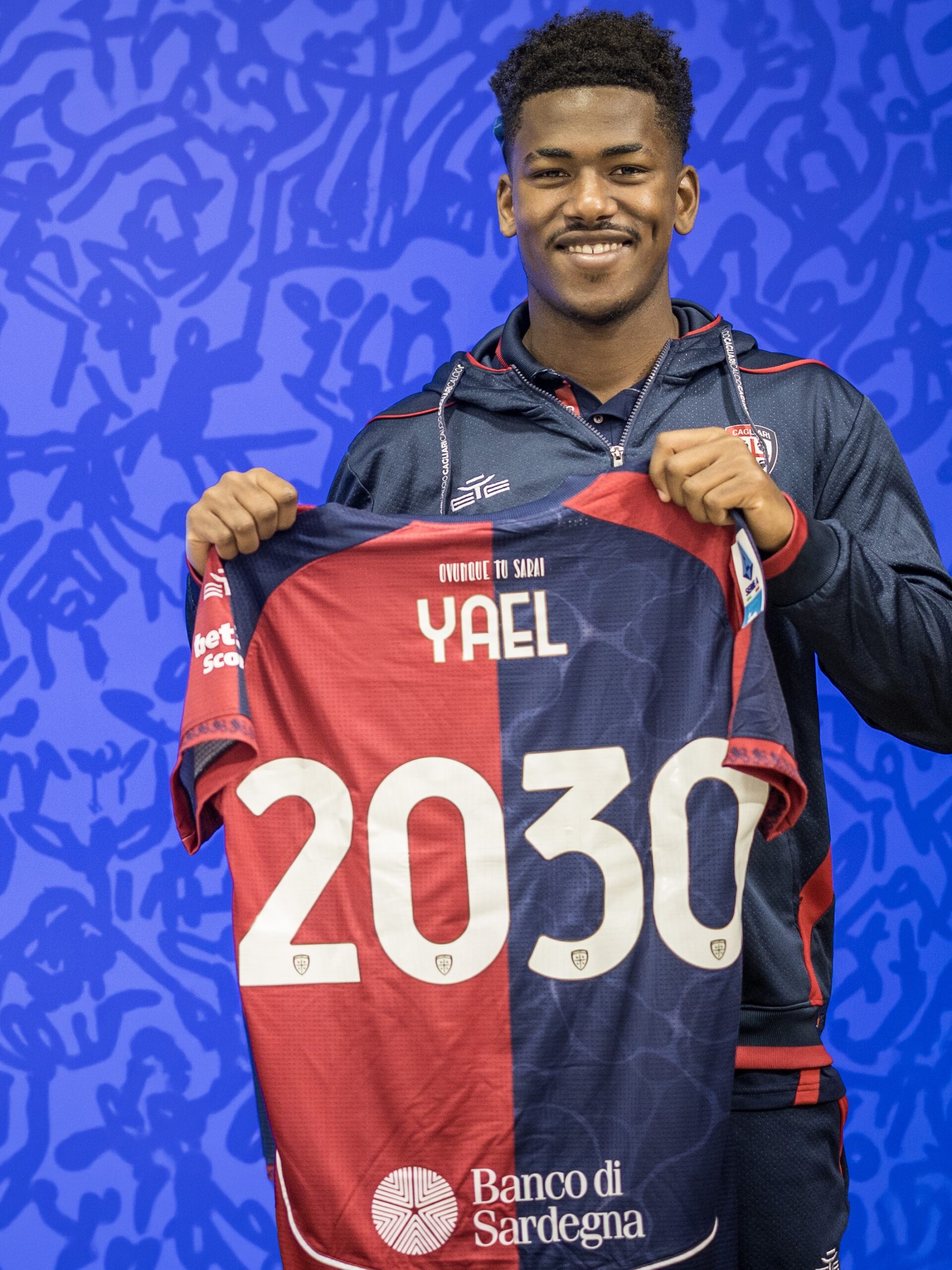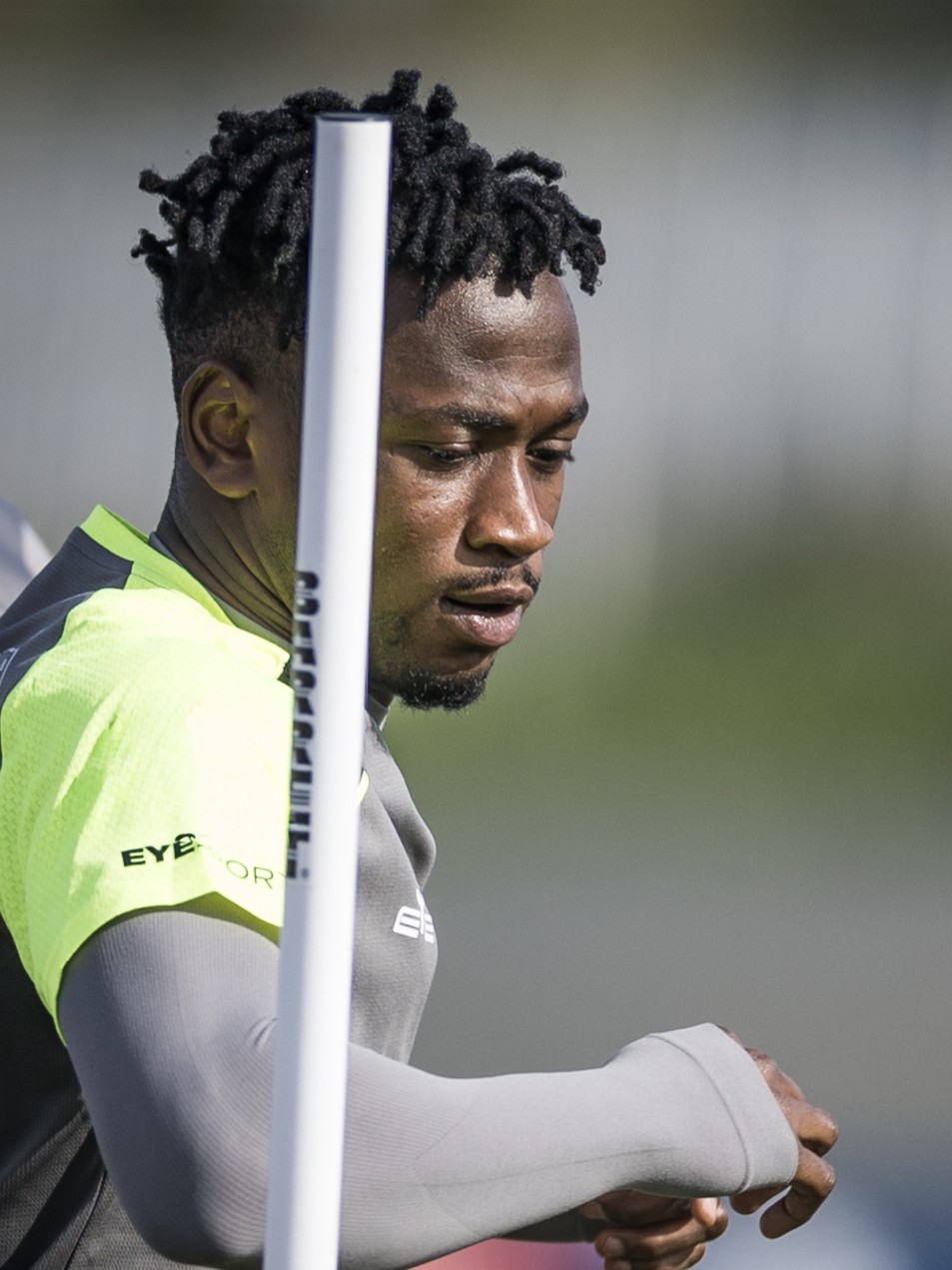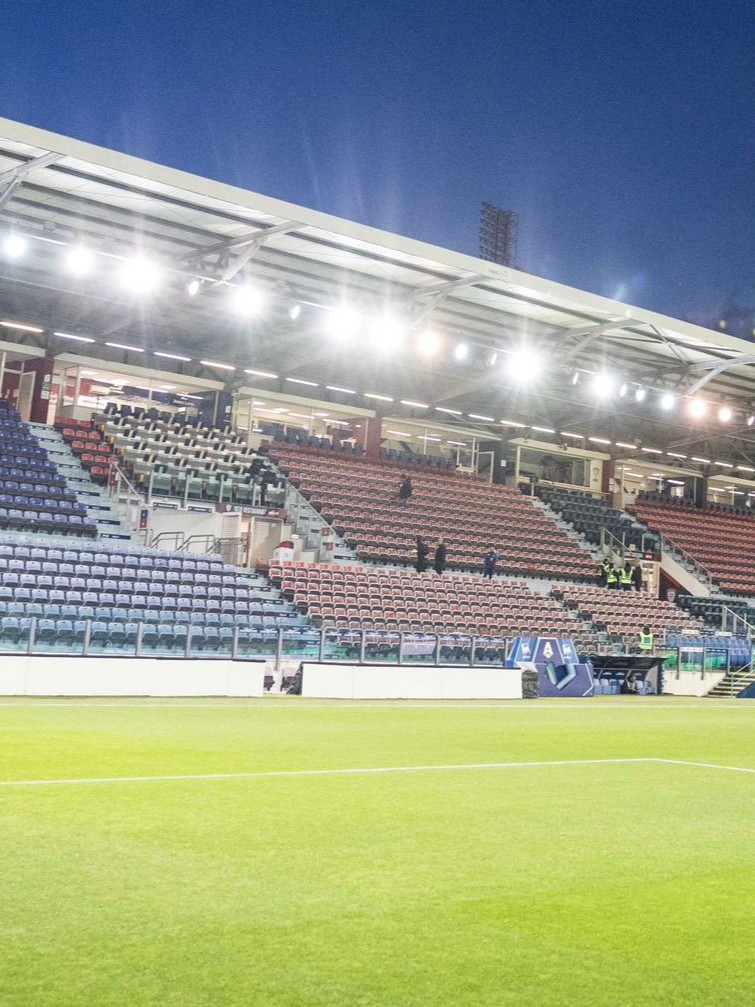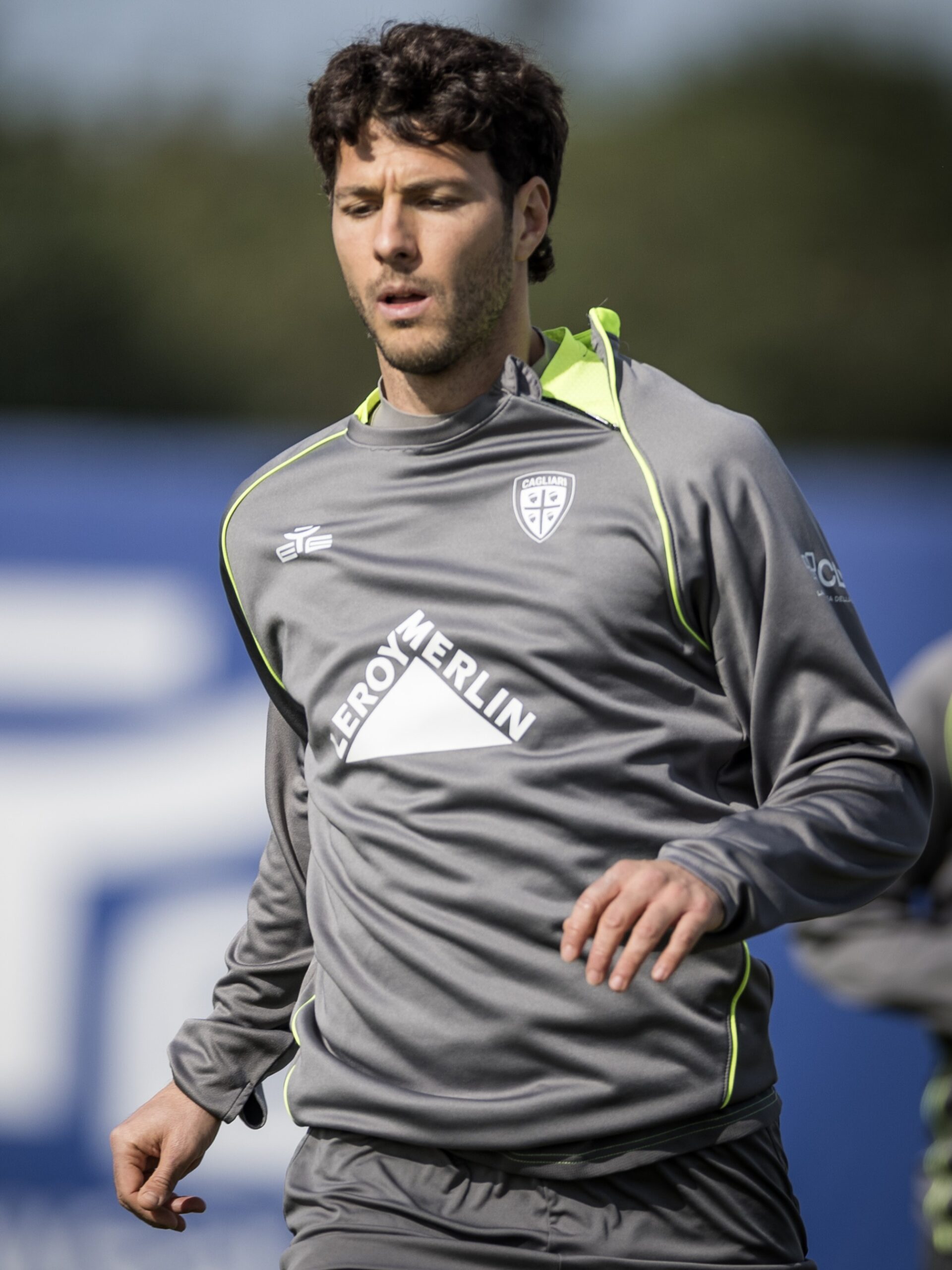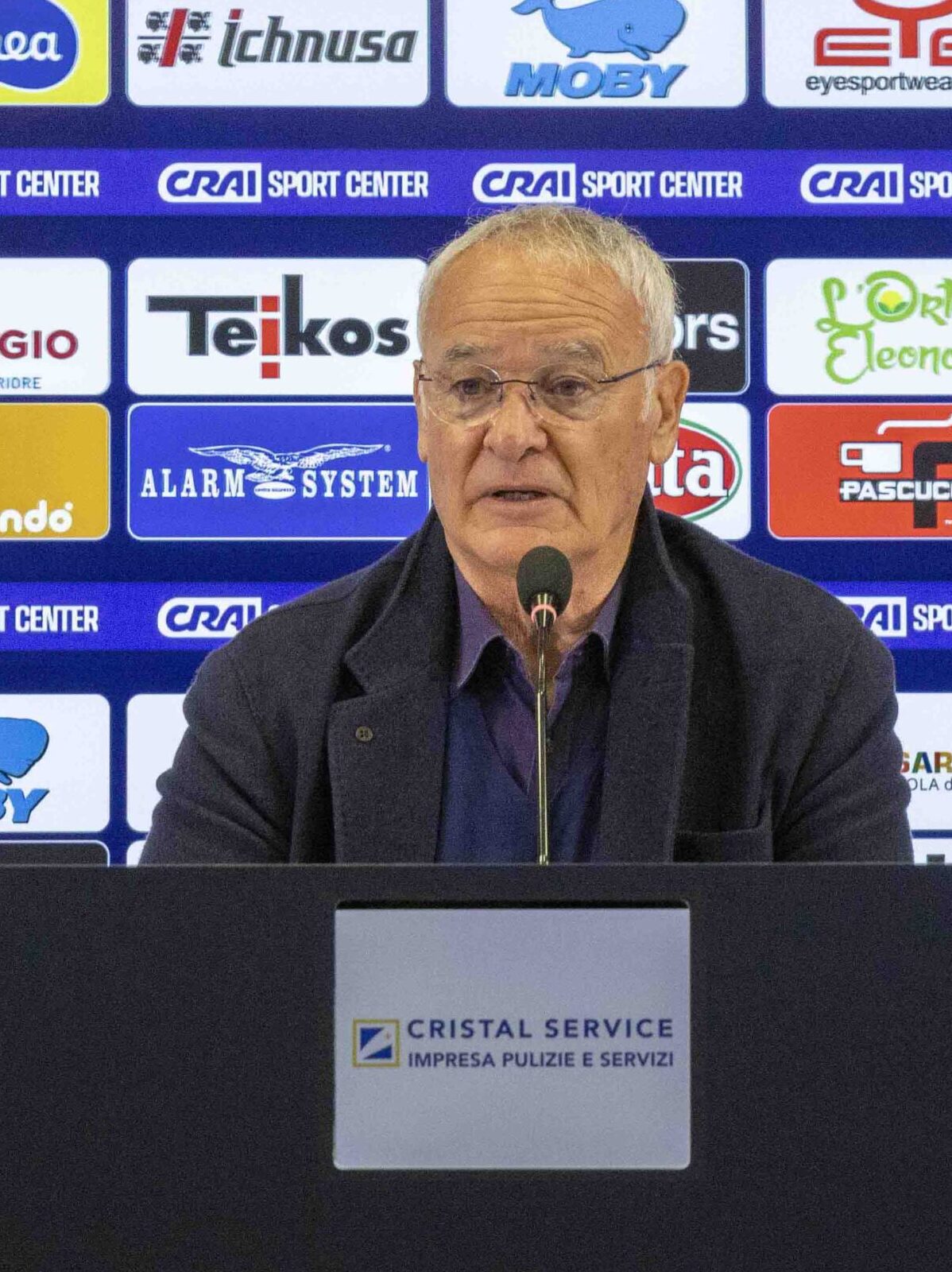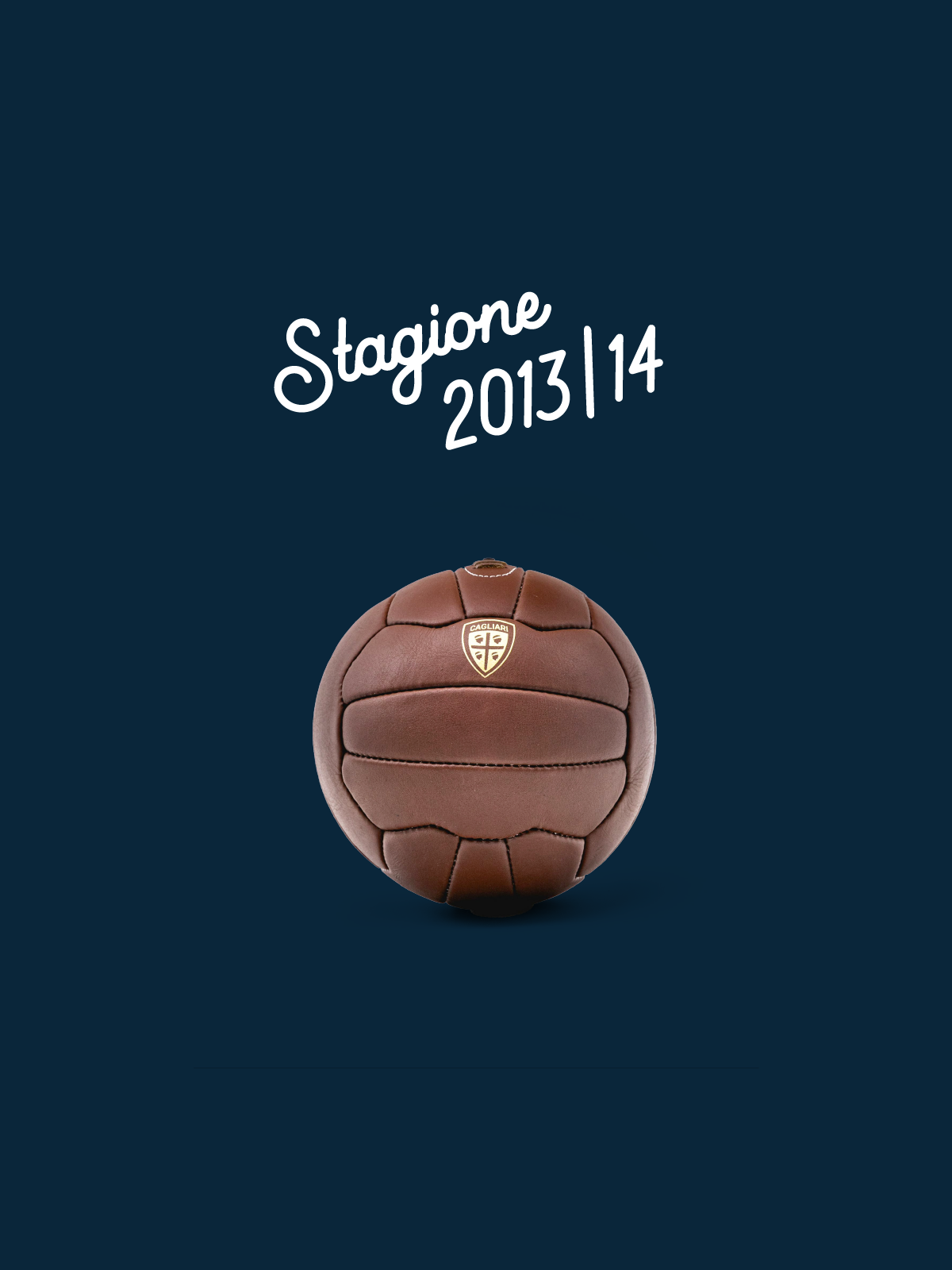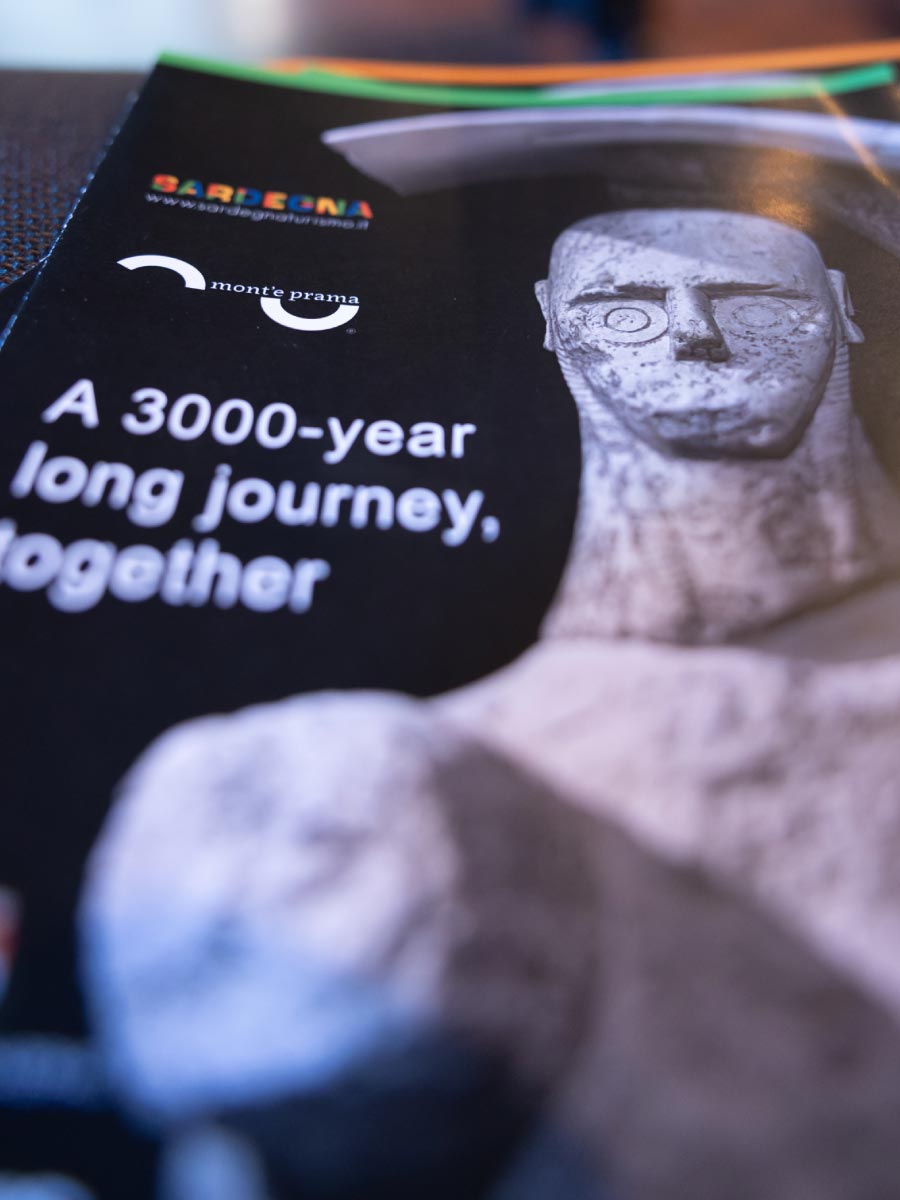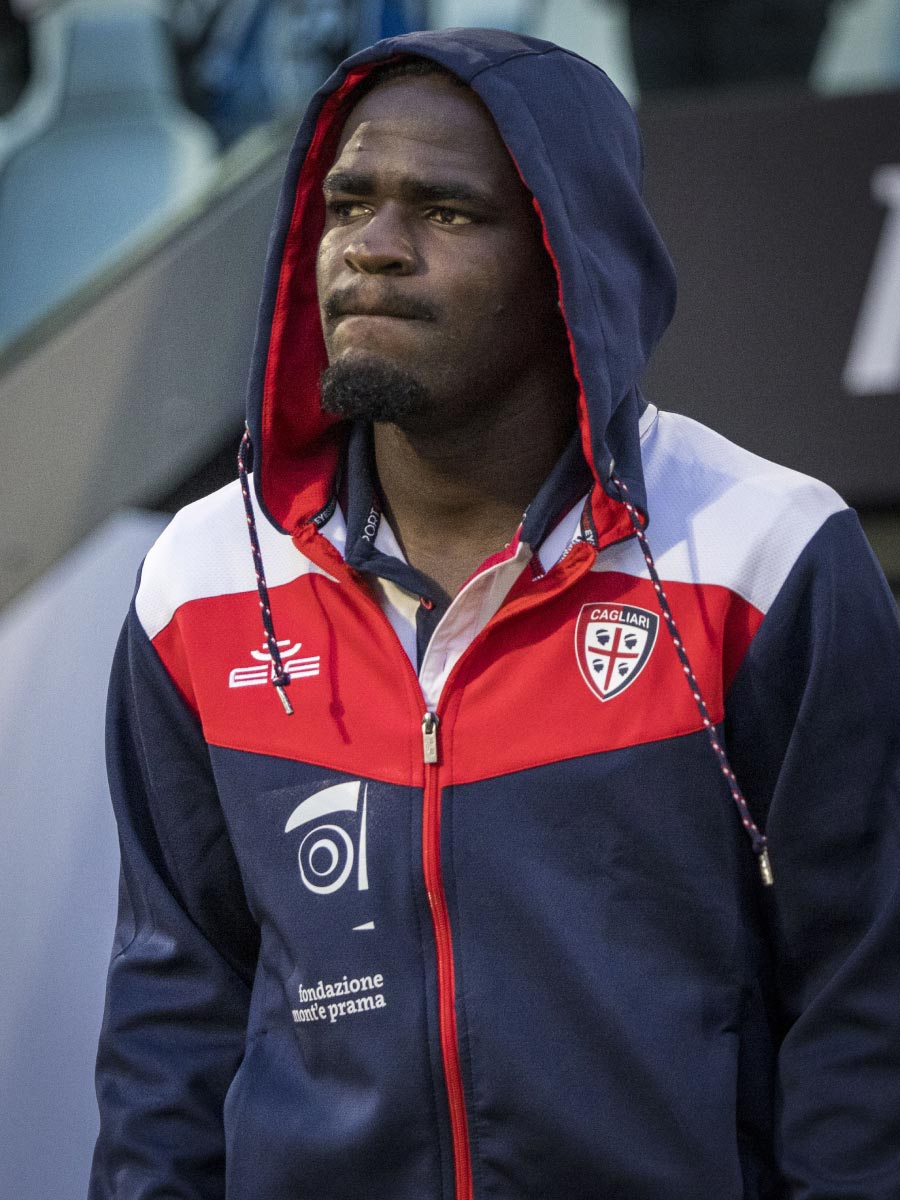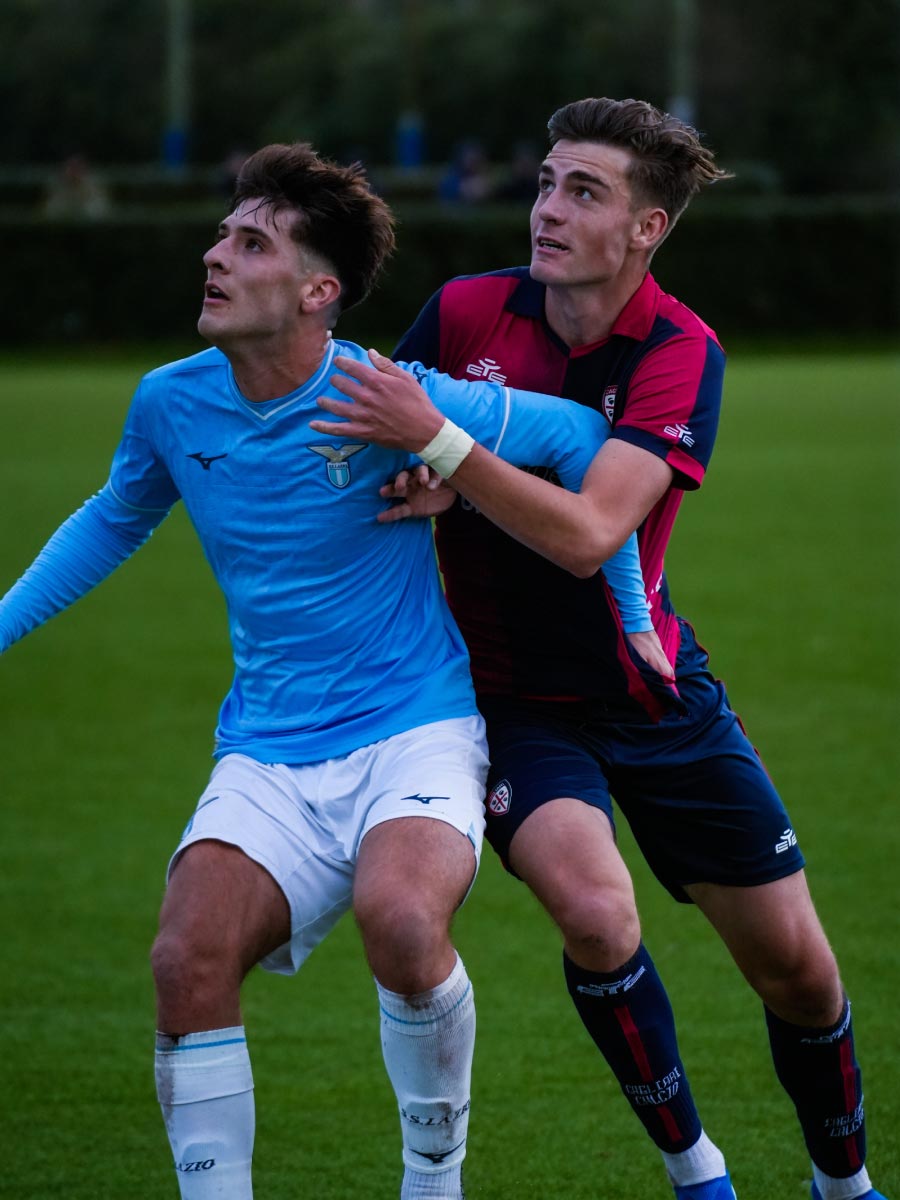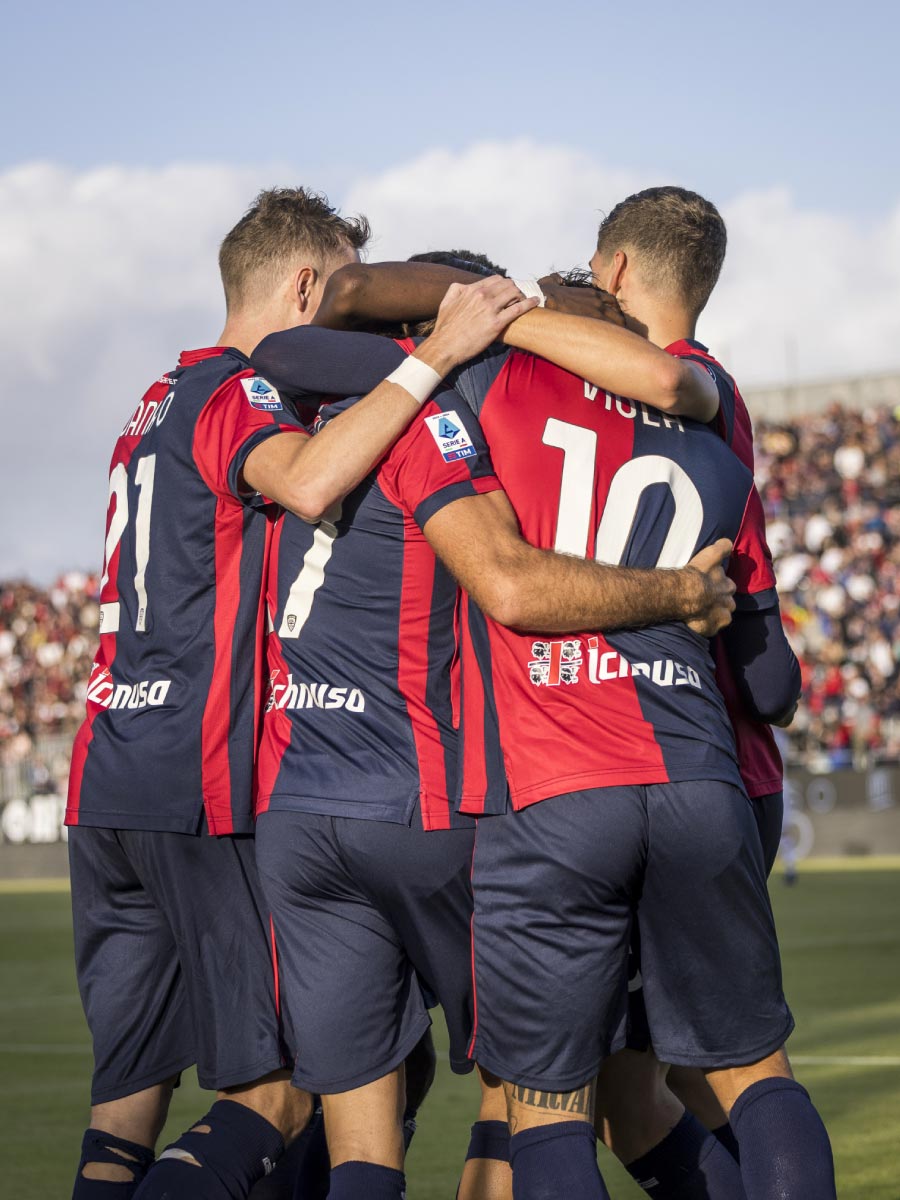Giulini to “Goal Economy”
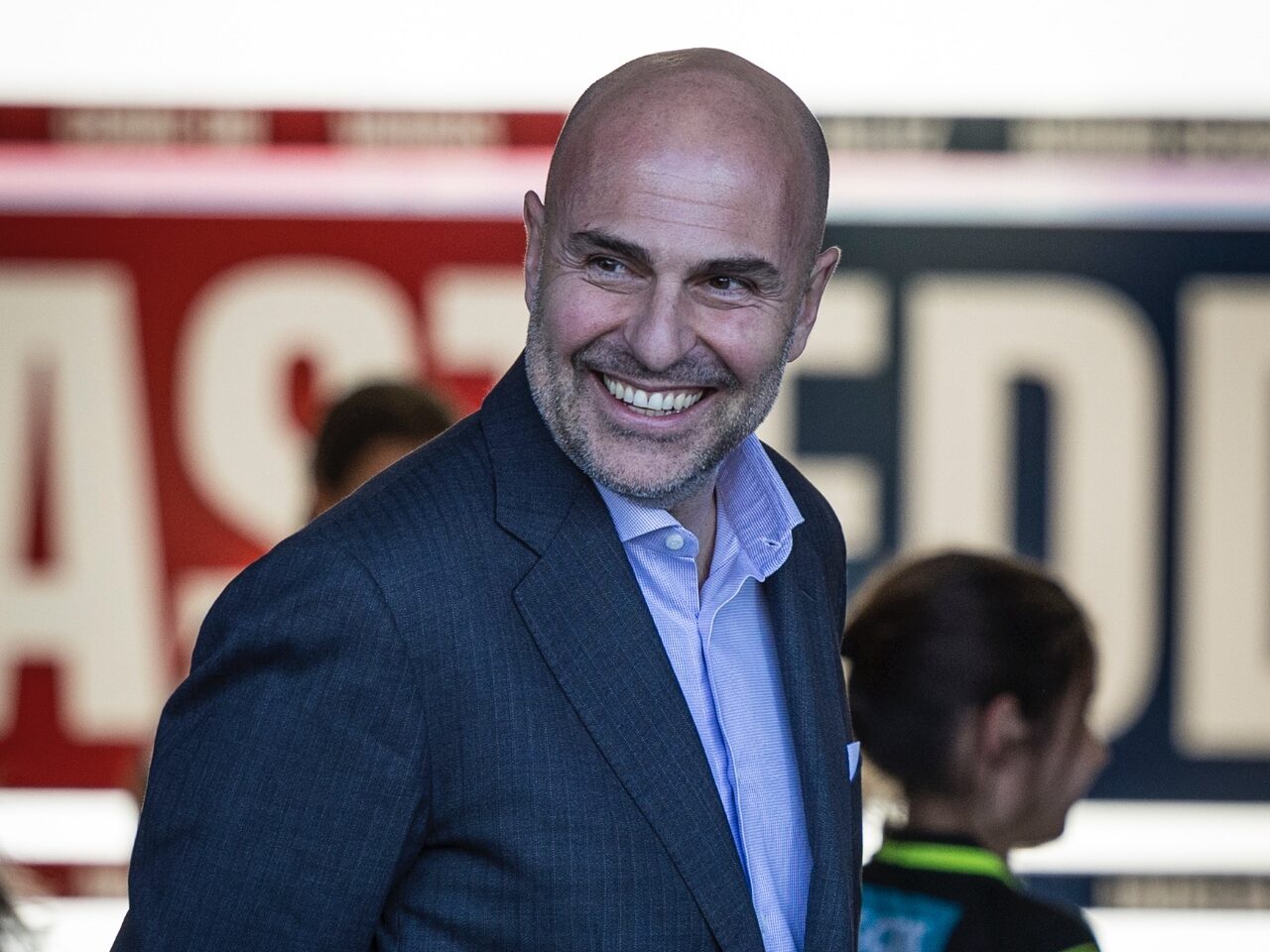
The president of Cagliari, Tommaso Giulini, was a guest on the show “Goal Economy,” hosted by journalist Marco Bellinazzo on Radio TV Serie A.
WHEN EVERYTHING STARTED
“The decision to acquire Cagliari came quite unexpectedly. I have always been driven by a great passion for football, first as a young player at Orione and later in the Youth Sector of Milan, which made history with Berlusconi as president. I had the fortune to live through incredible experiences, such as post-injury rehabilitation alongside Ruud Gullit, or even more so witnessing the attention of a manager like Adriano Galliani to the academy and the club’s overall structure. I was a modest goalkeeper until the age of 35. My father, Carlo Enrico, was a pioneer in the industry, starting as a mechanical worker and later initiating fluorite extraction in Sardinia, in Silius. Fluorsid became a leader in a niche market, like the aluminum industry, particularly after mining activities ceased.”
STRONG RELATIONS
“In the late 1960s, my father, who it is said shared a wartime experience with Angelo Moratti in the Savoia Cavalleria, along with other industrialists, opened a fundamental era for Sardinia. In the mid-1990s, in 1995, Massimo Moratti acquired Inter, and for us who always maintained a low profile, the novelty was due to the visibility provided by being part of the Board of Directors of a Serie A club, which was naturally dissolved in 2014 when the club was sold to Erick Thohir. During that period, our longtime lawyer in Sardinia, Mariano Delogu, introduced me to the possibility that Cagliari could be sold. With great expertise, he brought me into the negotiations, and that’s where it all began. I never felt much or discussed much with Massimo Moratti; I’ve always been bothered by the media association regarding my supposed involvement with Inter over the years, and I must say that Massimo, with great sensitivity, always understood these dynamics and never called me.”
IMPORTANT REFERENCE
“The first thought when this opportunity arose was to reflect on a long conversation I had the privilege of having with Gigi Riva three years prior in his office—a rare honor. From Gigi’s words and expressions, I truly understood what I had read and heard from others; I learned from him what Cagliari represents for the people of Cagliari and Sardinia. Initially, he warned me about the significant responsibility I would need to take on, but then this long adventure began.”
LINK WITH PEOPLE
“I’ve been coming to Sardinia regularly since I was 27 years old; I practically go there every week. One of my children was born in Cagliari and had to stay in the hospital for a long time, which made things complicated for us—this is one of the reasons we don’t live in the city, and it likely limited some of that connection with the people and the region. Unfortunately, I miss living fully in Cagliari and Sardinia. My past in Milan, first with Milan and then with Inter, maybe doesn’t help, especially given that I arrived after a visceral, passionate president—like those from a different era and a different type of football.”
POSITIVE AND NEGATIVE
“My years and those of Cellino, combined, make up a significant portion of the Serie A years that Cagliari has had in its history. The most painful moment of this decade was certainly the relegation to Serie B in 2022, at the end of a season where we carried along many mistakes: we failed to win that seemingly straightforward match, which likely with a healthy dressing room and proper preparation, we would have. The protests broke out; it was a painful relegation. There are many unforgettable moments, but I would say the first promotion from Serie B stands out because winning, regardless of the category, is something all football lovers enjoy. I remember Sau’s bicycle kick goal in Vercelli that won us the championship against Juric’s Crotone. Then there were two recent chapters: the other promotion in Bari in 2023, in an already festive stadium, at the last second with Pavoletti’s goal, completing our resurrection, and the survival of last season in Reggio Emilia. A few days before the decisive match for survival, Coach Ranieri—who was crucial for that resurrection—told me that the frequent trips back and forth from Rome were starting to weigh heavily on him and that he hoped to end his career in clubs with survival. Those were difficult days to manage because only he and I knew we would be parting ways; there was a lot of anxiety, and fortunately, everything went well. His return to the bench in his Roma is absolutely understandable.”
STATS
“I believe that the history of our management in this decade is a perfect example, for both the good and the bad, for anyone wanting to run a football club in a certain way and at certain levels. In 2014, we started a five-year period focused on sustainability, changing the image of Cagliari in every respect. During those five years, we were fortunate enough to nurture a huge talent like Nicolò Barella. I would divide everything into two parts, before and after Covid, with growth followed by the perfect storm after Barella’s sale, which was a record deal in terms of transfers between Italian clubs. We reinvested everything immediately to try to make a quality jump in the squad and the standings, investing almost 50 million euros in three players: Simeone, the only one who was later sold for the same price; Nandez, who had five excellent years but we lost for free as often happens in today’s football; and Rog, who unfortunately tore his cruciate ligament three times and couldn’t deliver as hoped. Wages rose, and Covid struck in the middle of a season where we were high in the standings and had already started losing ground by December. The 2020-2021 season saw us survive but wasn’t positive; only now—after a long and difficult journey that will likely last another couple of seasons—Cagliari is on the rise again. Football needs more ethics and sustainability. I favor a more American model with a salary cap, where teams compete on competence rather than wallet size.”
THE NEW STADIUM
“A long road ahead because we inherited almost nothing: the Sant’Elia stadium was open to 5,000 people, which we quickly brought up to 16,000, and within four months, we built a temporary stadium, the Unipol Domus, setting an example for Italian football: many Italian and foreign clubs came to visit us to understand how it could be done. The local government at the time, led today by Mayor Massimo Zedda, gave us a big hand, along with the then-president of the Serie B League Andrea Abodi (now Minister of Sport, ed.). In the same initiative, we started with the idea of a new, permanent stadium instead of the Sant’Elia. The process was progressing at a certain speed, and it was credible to think that within 5-6 years we would inaugurate the new facility. Then, under the regional government led by Christian Solinas, we effectively lost five years, and there was also the Covid pandemic, which changed the project because—especially during the pandemic—we decided to eliminate the shopping center to avoid harming the many local merchants in the Sant’Elia district and its surroundings.”
THE ITER
“The public-private partnership requires a public contribution because it is indeed a public work that remains such, with an initial concession of 50 years. The good news is that Mayor Zedda has returned and that the Sardinia Region is now led by a new governor, Alessandra Todde, whom I hope will quickly take the project into hand with priority. It is important to note that there are various models: a totally private stadium, owned by the club, which we ruled out mainly due to the enormous difficulties faced by those who came before me; a fully public stadium, which I believe is extremely challenging in Italy to accomplish within reasonable timeframes, given also my experience in the industrial sector. We started on the public-private path outlined by the first stadium law at Abodi’s suggestion, hoping that by 2025 the public tender will open: it is not certain that the tender will be won by the Cagliari Calcio’s partner, and in any case, the 50 million public contribution (regional) will go to the winning entity that will manage and build the stadium, which will have to recoup an investment that otherwise would be lost and for which Cagliari Calcio will pay a substantial annual lease for the stadium’s use. Building a stadium costs no less than 150 million, recovering that sum is difficult, to put it mildly. The potential 10/15 million annual additional revenue from match days is the only economic return Cagliari Calcio might get; all the rest, including the naming rights of the stadium, belongs to the project company that will build the stadium. The hope is to have a new, identity-building, innovative, and comfortable stadium as soon as possible, one that emotionally supports the team and allows us to invest more in building the roster.”
DEFEND THE SERIE A
“We play in a beautiful, competitive, and exciting league that showcases wonderful cities and regions like Sardinia, Parma, Venice, Milan, Florence, Rome, Naples, Salento, and many other stunning places that other countries can only dream of. I wish everyone loved Serie A a bit more and worked together to enhance it, so that it is not entirely eroded by other international competitions and different revenue management choices.”
